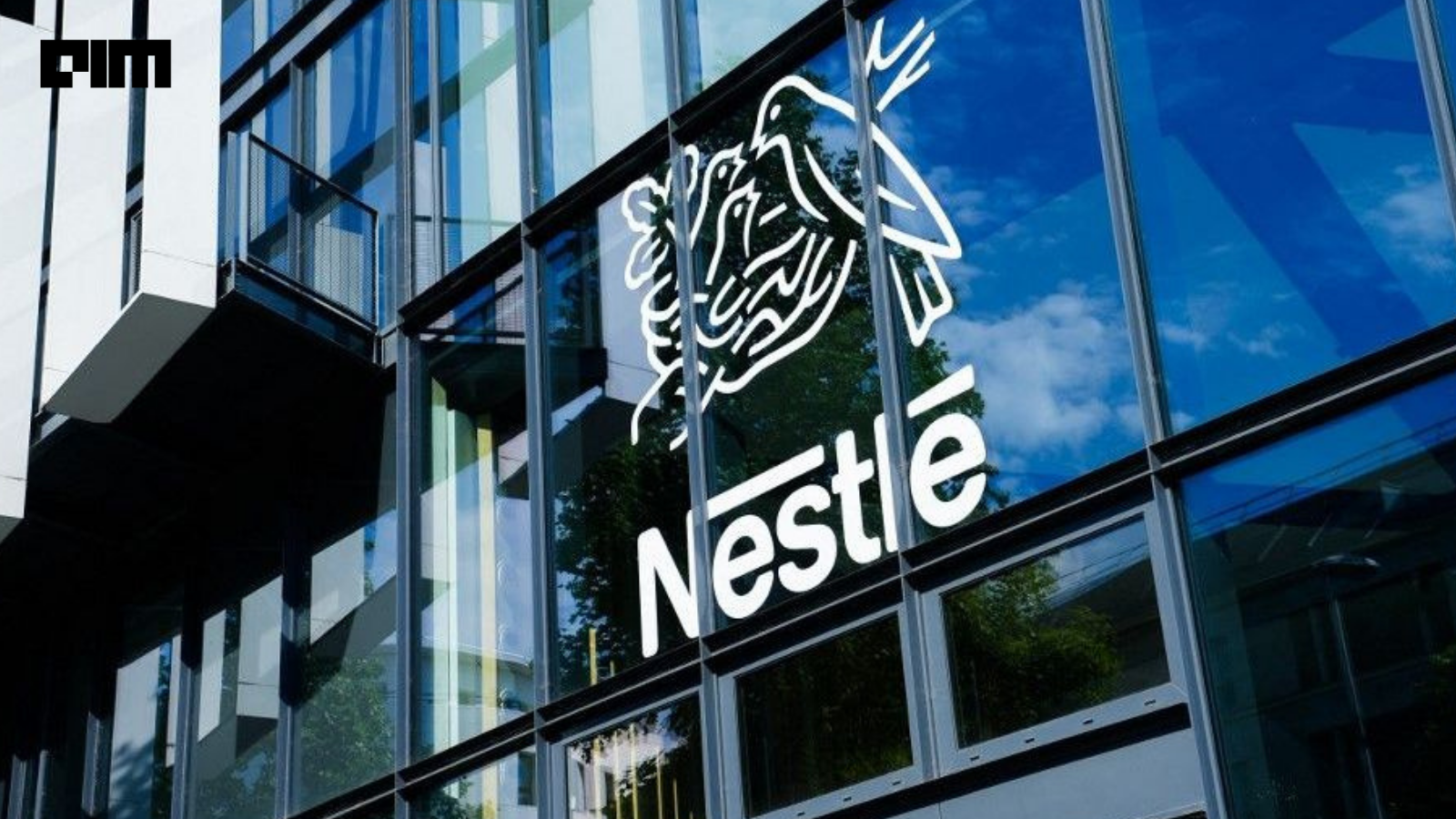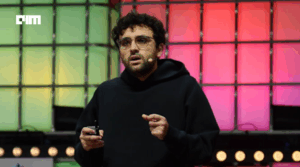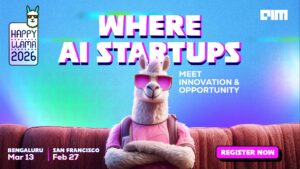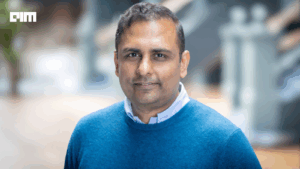As the world’s largest food and beverage company, Nestlé is a name that carries over 150 years of commitment to nourishing people everywhere. Founded in the 1860s, Nestlé has grown into a global giant, reaching millions of consumers daily with products like coffee and baby food. Yet, as consumer needs evolve and the planet faces various challenges, Nestlé hopes to go with the trend.
They have already adopted AI as the main play in their initiatives. And more than technology, they aim to do something that benefits both the consumers and the planet.
By implementing AI across R&D, manufacturing, and sustainability, Nestlé hopes to transform traditional processes to maximise operational efficiency and consumer experiences.
To achieve this, they have introduced AI-driven digital twins to enhance brand management and consumer interaction. Digital twins are virtual replicas of physical products that allow Nestlé to generate scalable, high-quality content optimized for e-commerce and digital platforms.
According to a Nestlé spokesperson, “Artificial intelligence and remote assistance are allowing us to be more agile and flexible in our manufacturing sites and supply chains,” highlighting how AI fuels operational nimbleness and enhances customer engagement.
This technology helps create personalized and engaging brand experiences, making it easier for Nestlé to connect with consumers wherever they are in the world. Digital twins also contribute to faster marketing execution and help maintain product consistency, crucial for Nestlé’s extensive global portfolio.
Product Development with AI
Nestlé’s approach to product development has been completely transformed by their new AI-powered tools. Using AI to study consumer trends, preferences, and health guidelines, Nestlé is now able to develop and fine-tune recipes at lightning speed.
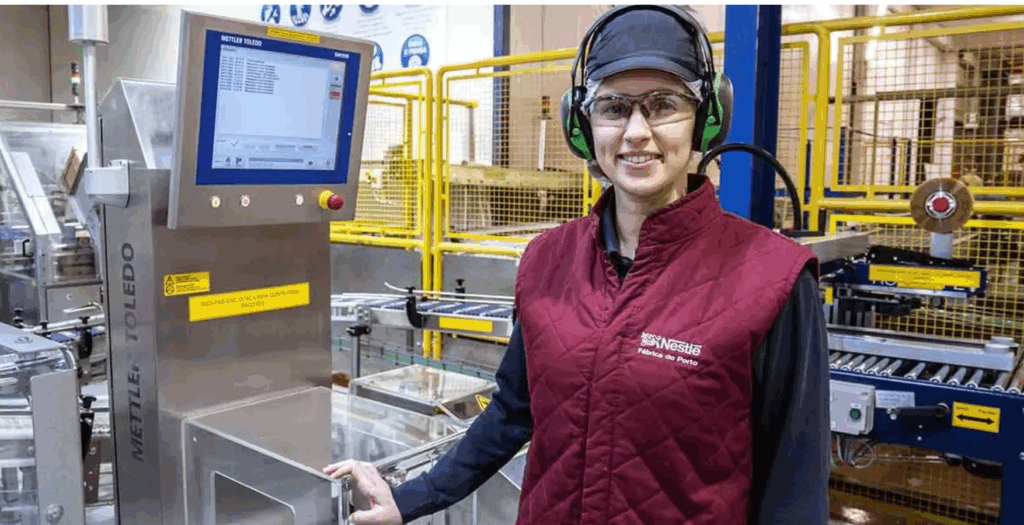
“We have transformed our entire product development process around AI’s ability to analyze consumer data, predict market trends, and optimize recipes faster than ever before,” said a senior R&D executive at Nestlé.
Nestlé is also using AI to make its factories smarter and more efficient. With IoT sensors and machine learning, the company can now spot equipment problems before they happen. This “predictive maintenance” means fewer unexpected breakdowns, saving time and money while keeping factory workers safer.
By catching issues early, Nestlé keeps production running smoothly without costly stops. It is an integral part of Nestlé’s digital transformation in creating a smart factory environment powered by predictive insights.
Machine learning also helps Nestlé reformulate recipes to cut down sugar and salt while keeping the flavour intact. It also simulates plant-based products that taste like the real thing. Thanks to these tools, Nestlé can bring new products to market 30% quicker, staying ahead of shifting consumer demands. AI also predicts flavors and taste preferences, making sure new items appeal to customers before they even hit the shelves.
“We are accelerating R&D’s digital transformation through key IT capabilities to deliver purpose-driven innovation, harnessing AI/ML technologies to optimize product development and supply chain processes,” said Carolina Pinart, Group Head of R&D Information Technology at Nestlé
Nestlé’s Internal Gen-AI Platform
To help their employees and democratize AI across its vast operations, Nestlé developed NesGPT, an internal generative AI platform built on OpenAI’s ChatGPT technology. NesGPT acts as a versatile assistant for employees in multiple departments including marketing, product innovation, sales, and legal teams. It helps draft emails and campaigns, analyze mountains of data, summarize lengthy documents, and spark new creative ideas. This frees employees to focus on higher-value work.
The impact has been tangible. On average, each employee saves about 45 minutes every week thanks to the platform. NesGPT has dramatically sped up the product ideation cycle, reducing the timeline from six months to just six weeks. More than 7,000 employees have created roughly 230,000 prompts, showcasing strong adoption and varied use cases.
NesGPT is designed with privacy and security at the base, ensuring all corporate and customer data is protected at all times. Beyond internal productivity gains, NesGPT also plays a role in enhancing customer experiences and optimizing supply chains. The platform makes pricing smarter, helps predict when stores might run low on stock, and even personalizes nutrition advice by analyzing consumer data.
Sustainability is also a core driver behind many of Nestlé’s AI initiatives. Nestlé has already met its 2025 climate target a full year ahead of schedule, achieving a 20% reduction in absolute greenhouse gas emissions compared to its 2018 baseline. It has now set its sights on an even more ambitious goal: to halve its absolute emissions by 2030.
Nestlé also has a partnership with IBM to develop sustainable packaging solutions powered by generative AI. Together, Nestlé and IBM have created an advanced AI tool that can identify new high-barrier packaging materials, which protect food products from moisture, oxygen, and temperature changes.
This tool accelerates the discovery of packaging options that are not only highly effective but also recyclable and cost-efficient. The AI system was trained using a comprehensive database of molecular structures sourced from public and proprietary data, allowing it to predict how different materials perform and suggest entirely new sustainable compounds.
Nestlé’s Chief Technology Officer Stefan Palzer said, “This novel AI-powered language model, developed in collaboration with IBM Research, illustrates how Nestlé is leading the digital transformation within the food and beverage industry. In the future, such breakthrough technology could be used to optimize the development of more sustainable packaging solutions across product categories.”
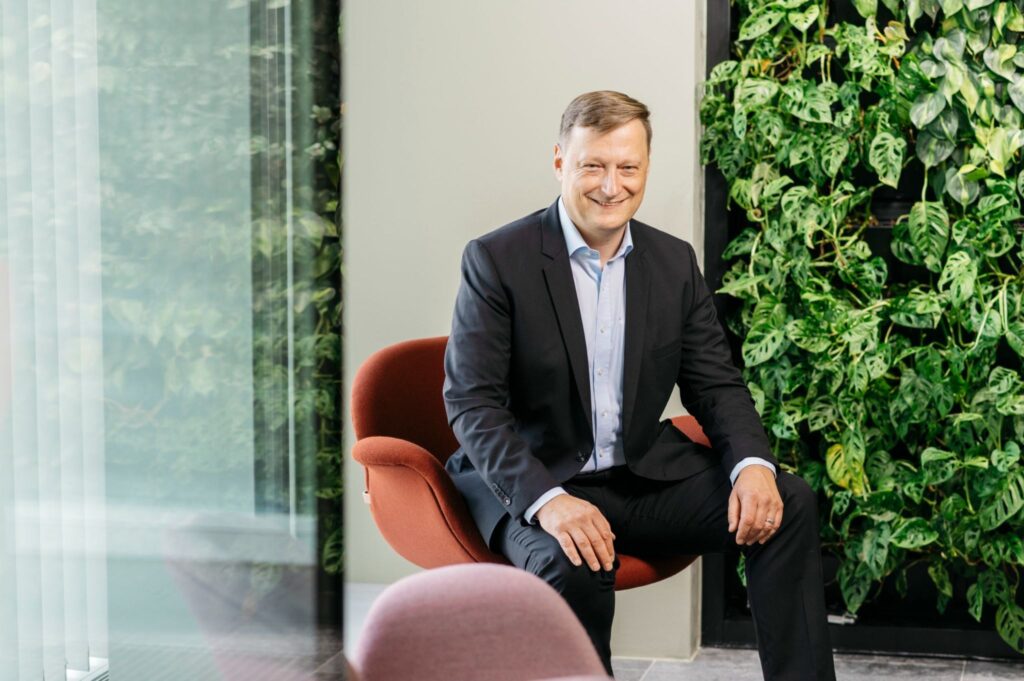
Alessandro Curioni, IBM Research VP Europe & Africa: “We do believe that Generative AI will continue to disrupt scientific discovery, impacting the core business of all knowledge-based industries, allowing critical differentiation and sustainable growth.”
Beyond packaging, Nestlé applies AI-powered data science to agriculture, supporting initiatives to protect endangered crops such as Arabica coffee. AI helps optimize water usage in farming and reduce waste throughout production processes. It also plans to expand AI into virtual product prototyping and rapid ingredient discovery while exploring blockchain for supply chain transparency.
Nestlé is not only speeding up how it develops and delivers products, but also ensuring those products meet the highest standards for health, quality, and environmental responsibility.
“What actions can each of us take to enhance Nestlé’s efficiency, intelligence, and speed? Together, we’re progressing swiftly and welcoming innovative approaches to how we provide the future of delicious, nutritious, and affordable food,” said Nestlé CEO Philipp Navratil

